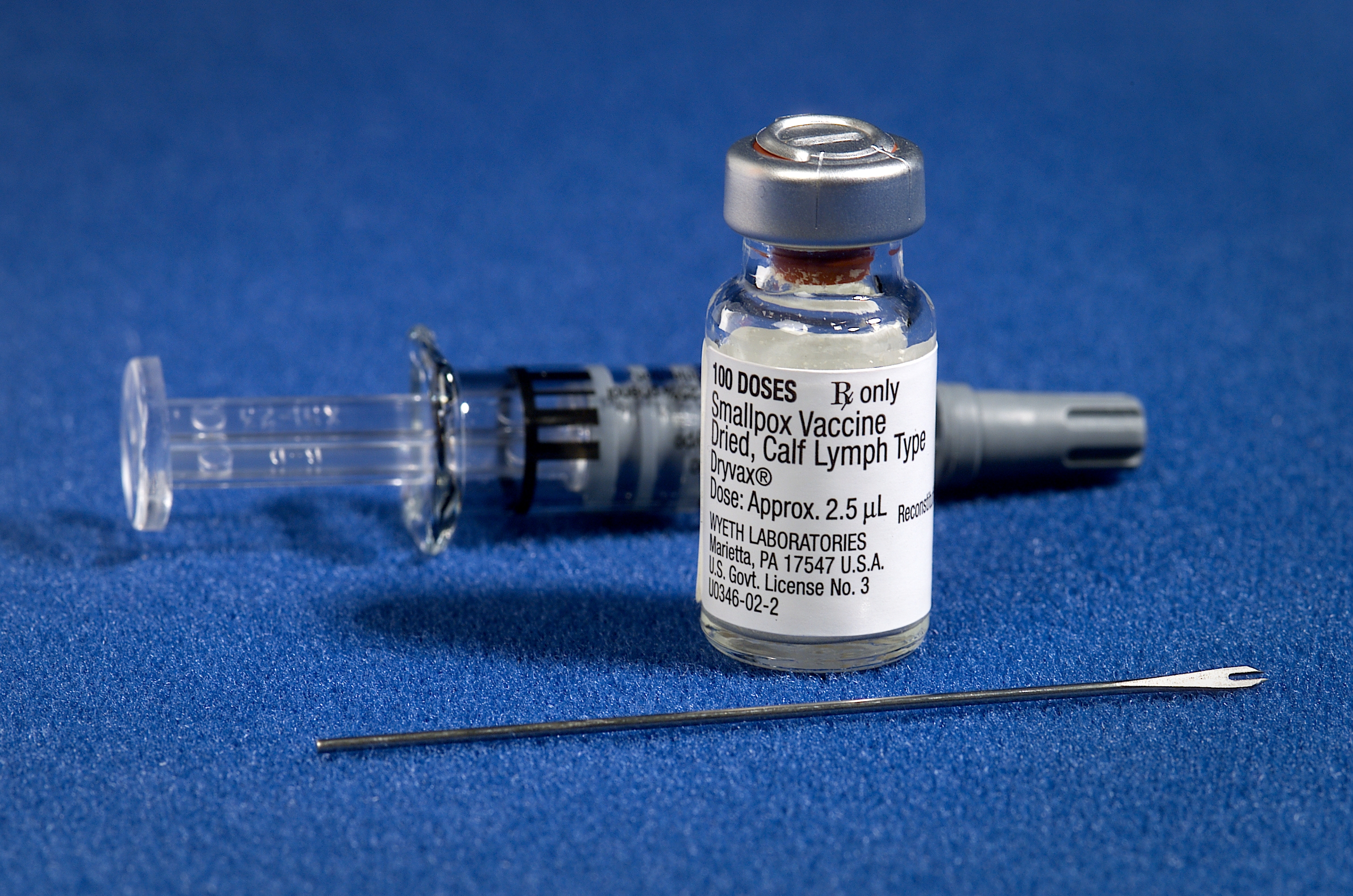
Vaccination: Safeguarding Health Through Inoculation
Vaccination stands as one of the most effective public health interventions, playing a crucial role in preventing and controlling infectious diseases. Explore the significance of vaccination and its impact on individual and community well-being.
Understanding the Power of Vaccination
Vaccination is a medical marvel that harnesses the body’s natural defenses to guard against specific diseases. By introducing a harmless version of a pathogen or a piece of it, vaccines prompt the immune system to develop an adaptive response. This immunization equips the body to recognize and fight the actual pathogen if encountered in the future.
Preventing Serious Illness and Complications
The primary goal of vaccination is to prevent serious illness and complications associated with infectious diseases. Vaccines have proven highly effective in reducing the severity of diseases such as measles, polio, influenza, and many others. By mitigating the impact of these illnesses, vaccination not only safeguards individual health but also eases the burden on healthcare systems.
Achieving Herd Immunity for Community Protection
Vaccination contributes to the concept of herd immunity, a form of indirect protection that occurs when a significant portion of a population becomes immune to a disease. This reduces the spread of the pathogen, protecting vulnerable individuals who may not be able to receive vaccines due to medical reasons. Herd immunity is crucial for preventing outbreaks and maintaining community health.
Eradicating Diseases Through Vaccination Campaigns
Historically, successful vaccination campaigns have led to the eradication of deadly diseases. Smallpox stands as the only human disease eradicated through vaccination efforts. Ongoing initiatives aim to replicate this success with diseases like polio, emphasizing the transformative potential of vaccines in eliminating health threats.
Ensuring Safe and Rigorous Vaccine Development
The safety and efficacy of vaccines are paramount. Rigorous testing and monitoring processes precede the approval and distribution of any vaccine. Regulatory bodies evaluate extensive clinical trial data to ensure that vaccines meet stringent safety standards before they are made available to the public.
Combatting Vaccine Hesitancy Through Education
Vaccine hesitancy, fueled by misinformation, poses a challenge to public health efforts. Education and awareness campaigns play a crucial role in dispelling myths and fostering trust in the safety and effectiveness of vaccines. Providing accurate information empowers individuals to make informed decisions for their health and the well-being of their communities.
Adapting Vaccination Strategies to Global Challenges
Vaccination strategies evolve to address emerging global challenges. The COVID-19 pandemic, for example, accelerated vaccine development and distribution efforts on an unprecedented scale. Adapting vaccination strategies to meet the demands of rapidly spreading diseases demonstrates the agility and resilience of public health systems.
Collaboration for Global Vaccine Access
Global collaboration is essential to ensure equitable access to vaccines worldwide. Initiatives like COVAX aim to provide vaccines to low- and middle-income countries, recognizing that global health security relies on addressing health disparities. Cooperation among governments, organizations, and pharmaceutical companies is crucial for achieving widespread immunization.
Optimal Health Partner: Your Resource for Vaccine Information
For more information on the importance of vaccination and personalized guidance, visit Optimal Health Partner. Explore resources and support to stay informed about vaccines, make educated health decisions, and contribute to a healthier, more protected global community. Vaccination is a cornerstone of public health, and your engagement is vital for collective well-being.
